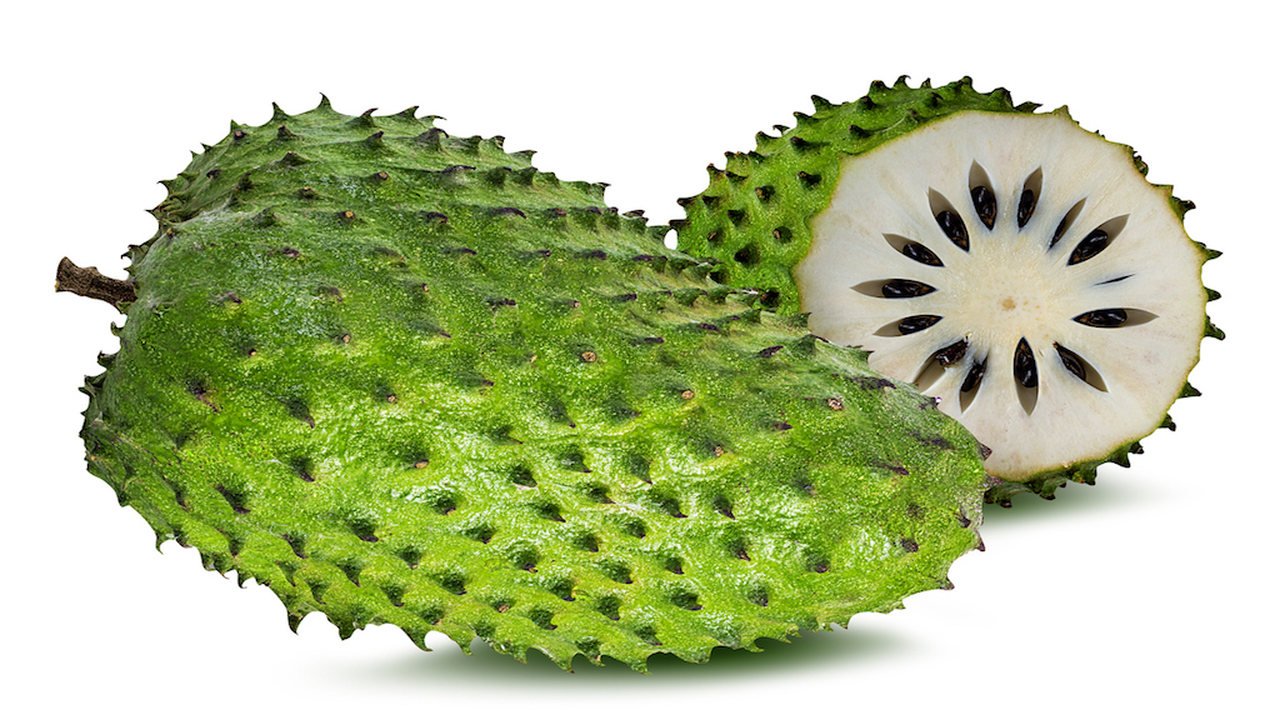 Image 1 of 2
Image 1 of 2

 Image 2 of 2
Image 2 of 2



Feverfew
Migraine Management: One of the most well-known uses of feverfew is for the prevention and relief of migraine headaches. It is believed to help reduce the frequency and severity of migraines when taken regularly.
Anti-Inflammatory: Feverfew contains compounds with anti-inflammatory properties, which can be helpful in managing conditions characterized by inflammation, such as arthritis.
Antioxidant: Some of the compounds in feverfew act as antioxidants, helping to protect cells from oxidative stress and damage caused by free radicals.
Pain Relief: Feverfew has been used traditionally to alleviate various types of pain, including headaches, joint pain, and muscle pain.
Fever Reduction: As the name suggests, feverfew is used to reduce fever,
Menstrual Support: It may provide relief for menstrual discomfort, including cramps and bloating.
Digestive Aid: Feverfew has been used to support digestion and alleviate gastrointestinal discomfort.
Blood Pressure Regulation: Helps in regulating blood pressure, potentially reducing hypertension.
Anti-Anxiety: Some individuals have reported a mild calming effect from feverfew, which can help in managing anxiety.
Skin Health: It may contribute to improved skin health due to its vitamin and antioxidant content.
Vitamin A
Vitamin C
Vitamin E
Niacin (Vitamin B3)
Pyridoxine (Vitamin B6)
Riboflavin (Vitamin B2)
Minerals:
Calcium
Iron
Magnesium
Manganese
Phosphorus
Potassium
Zinc
Copper
Migraine Management: One of the most well-known uses of feverfew is for the prevention and relief of migraine headaches. It is believed to help reduce the frequency and severity of migraines when taken regularly.
Anti-Inflammatory: Feverfew contains compounds with anti-inflammatory properties, which can be helpful in managing conditions characterized by inflammation, such as arthritis.
Antioxidant: Some of the compounds in feverfew act as antioxidants, helping to protect cells from oxidative stress and damage caused by free radicals.
Pain Relief: Feverfew has been used traditionally to alleviate various types of pain, including headaches, joint pain, and muscle pain.
Fever Reduction: As the name suggests, feverfew is used to reduce fever,
Menstrual Support: It may provide relief for menstrual discomfort, including cramps and bloating.
Digestive Aid: Feverfew has been used to support digestion and alleviate gastrointestinal discomfort.
Blood Pressure Regulation: Helps in regulating blood pressure, potentially reducing hypertension.
Anti-Anxiety: Some individuals have reported a mild calming effect from feverfew, which can help in managing anxiety.
Skin Health: It may contribute to improved skin health due to its vitamin and antioxidant content.
Vitamin A
Vitamin C
Vitamin E
Niacin (Vitamin B3)
Pyridoxine (Vitamin B6)
Riboflavin (Vitamin B2)
Minerals:
Calcium
Iron
Magnesium
Manganese
Phosphorus
Potassium
Zinc
Copper














